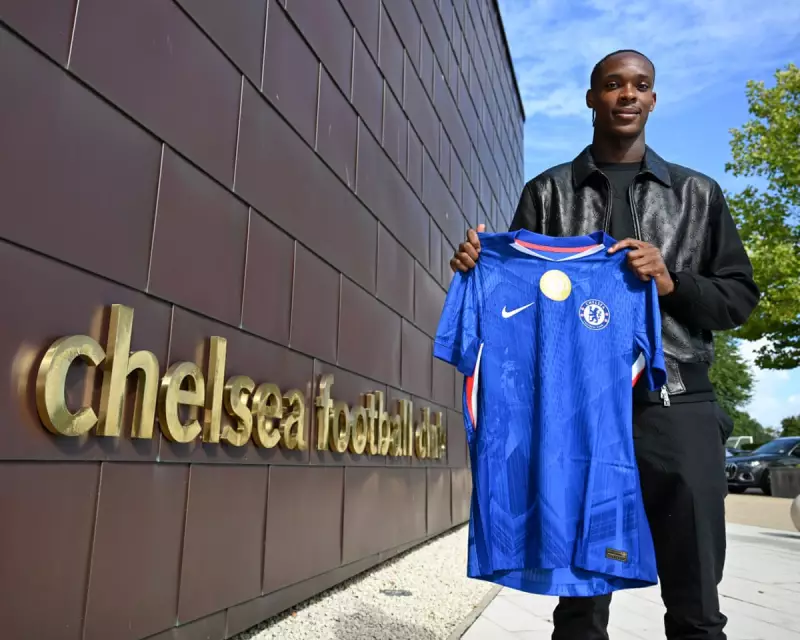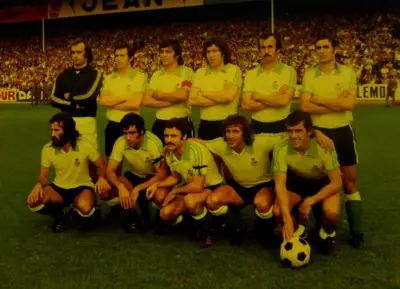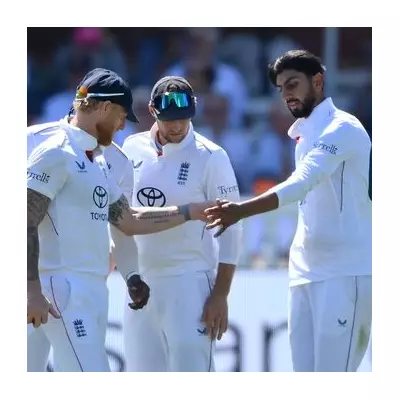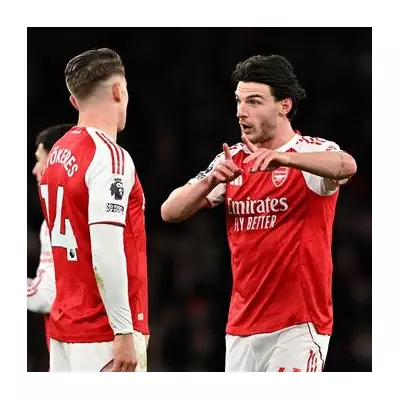
French football has been plunged into fresh controversy following Chelsea's strategic acquisition of rising star Emanuel Emegha for sister club RC Strasbourg, sparking outrage across Ligue 1.
The 21-year-old Dutch striker's move from German side St Pauli has ignited fierce criticism from French football authorities, who accuse Chelsea's parent company BlueCo of exploiting multi-club ownership rules to bypass financial regulations.
Ligue 1's Fiery Response
French league officials have launched a scathing attack on the transfer, labelling it a "blatant circumvention" of financial fair play principles. The deal has raised serious questions about the integrity of competition as wealthy Premier League clubs expand their influence across European football.
This isn't the first time Strasbourg's relationship with Chelsea has caused uproar. The club has already seen several players move between the two teams since BlueCo's takeover, creating what rivals describe as an unfair competitive advantage.
Emegha: The Prospect at the Centre of the Storm
Emegha, who scored 13 goals in 33 appearances for St Pauli last season, represents exactly the type of emerging talent that makes this transfer so contentious. His move to Strasbourg is widely seen as a stepping stone to eventual Premier League football, raising concerns about the sporting integrity of such arrangements.
The young striker's development path now becomes part of a broader debate about the future of football ownership and whether current regulations can adequately police these increasingly common multi-club structures.
The Growing Multi-Club Controversy
This incident highlights the escalating tension between traditional football governance and the new era of multi-club ownership groups. As Premier League financial power continues to grow, European leagues are becoming increasingly vocal about what they perceive as systemic threats to competitive balance.
The Strasbourg-Chelsea relationship has become a flashpoint in this wider conflict, with Ligue 1 officials threatening to pursue formal complaints with UEFA and other governing bodies unless stricter regulations are implemented.
As the football world watches this drama unfold, the Emegha transfer may well become a landmark case in determining how European football regulates multi-club ownership in the coming years.





